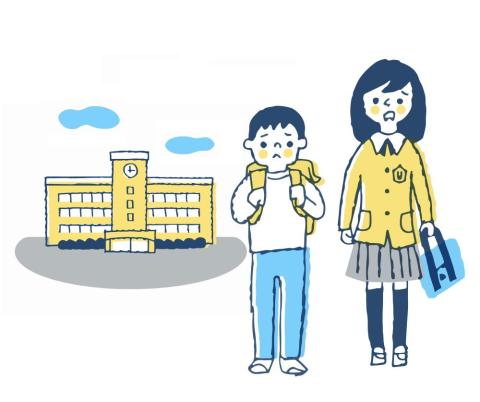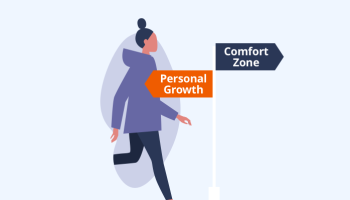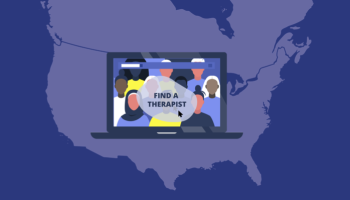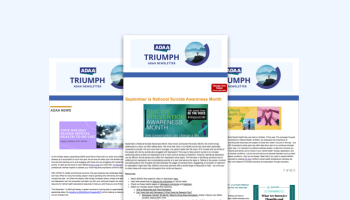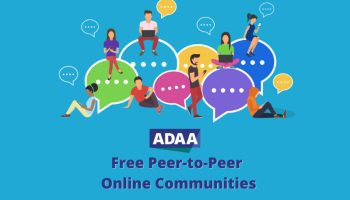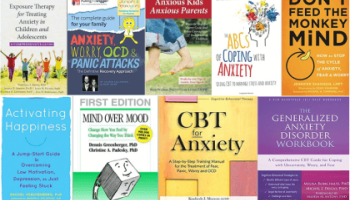Social Skills Training (SST): A Tool for Social Anxiety Disorder: In Conversation with 2023 ADAA Annual Conference Presenters
Social Skills Training (SST): A Tool for Social Anxiety Disorder: In Conversation with 2023 ADAA Annual Conference Presenters
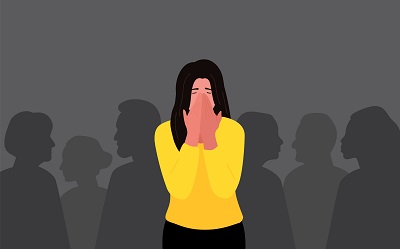
We often take for granted being at ease in social situations and the ability for many of us to just “go with the flow” when it comes to social interactions. But social anxiety disorder (SAD) affects 7.1 percent of the US adult population and is rising in children and adolescents. SAD is defined by an intense, irrational fear of social situations and it can be detrimental to a person’s quality of life, causing anxiety, distress and negative feelings of self-worth. Treatment can involve medication and / or therapy.
Therapy can vary from patient to patient, clinician to clinician, but two ADAA members who presented at the 2023 Annual Conference believe therapy for SAD and other related disorders can benefit from an additional tool. Their conference session, Me Talk Funny One Day: Teaching Social Skills for Social Anxiety and Other Disorders, not only confirmed that belief but explained it.
SST as an Efficient Use of Treatment Time
ADAA members Dustin Siegel, PsyD, and Rahan Ali, PhD, both clinicians who treat anxiety disorders in the Chicago area, use social skills training as part of a treatment program. It’s important to note that people with SAD don’t necessarily lack social skills but rather that it is a cognitive issue – sort of stuck in their own heads as Dr. Siegel put it – preventing them from moving forward.
“SST is a module that can be used situation by situation and maybe even session by session,” Dr. Siegel said. “You might decide to do 10 minutes of social skills training on a specific issue because SST is not a set of rules you follow to be successful. It’s more of a tool to use when there is a deficit, where something is getting in the way and SST addresses that specifically.”
Dr. Ali agreed that SST is not a panacea but a way to put common sense into common practice. He says SST is not about providing a script for someone. It has to do more with finding one’s way, or as he called it, “finding your tone and warming it up.”
“We don’t work with this idea that we all have the same interpersonal style,” Dr. Ali told ADAA, “it’s not about altering who you are, especially with diagnoses like autism or intellectual or developmental disabilities, but recognizing a specific problem and using this tool to address it.”
What Does SST Involve?
SST is not just a way to help someone who doesn’t know how to talk to people. If you google “how to make small talk,” the results aren’t going to be evidence-based practices or therapeutic strategies. And while SST does involve some common social practices like making eye contact, asking open-ended questions and taking turns, it is part of a multi-component behavior intervention program for treatment of social anxiety, mood disorders, difficult personalities and substance abuse.
Incorporating modeling (including modeling imperfection), role playing, curiosity, and telegraphing, SST is a structured format for teaching – and sometimes relearning – social skills. Telegraphing, explains Dr. Ali, is a way of referring to something to open up a dialogue. For example, “If I may ask…” or “I’ve always wanted to know…” are great questions that people with SAD can practice and use in real life situations.
In addition, Dr. Ali says a sense of humor is important but keep in mind that funny doesn’t necessarily equal fun. “You don’t have to be funny as much as engage and have fun,” he said at the conference.
Why More Clinicians Should Incorporate SST
Interventions for social anxiety disorder include cognitive behavioral therapy (CBT) and exposure therapy (ET), as well as a form of ET known as social effectiveness therapy (SET). Dr. Ali and Dr. Siegel realize that the depth work done in therapy can be helpful and is often important in understanding where certain behaviors originate, but they also believe that using SST alongside these therapies can help the person better interact with society.
Studies and information from agencies like the National Institutes of Health, the National Social Anxiety Center and the American Psychological Association have shown that social skills training can play an important role in “augmenting the effectiveness” of other therapies.
So to answer the question that Dr. Siegel posed to the attendees at the beginning of his and Dr. Ali’s conference session: Is social skills training contraindicated for social anxiety treatment? The answer should most certainly be: no.



